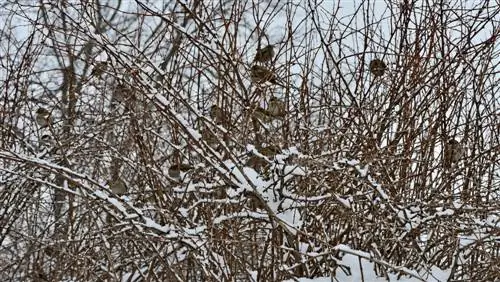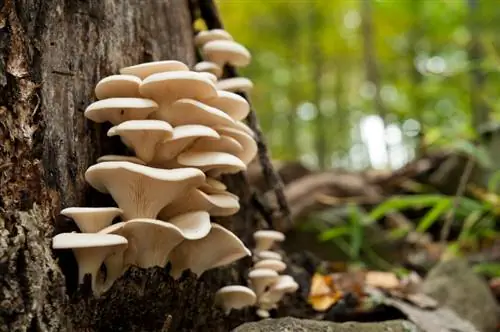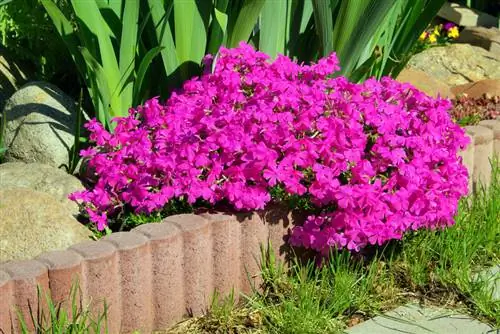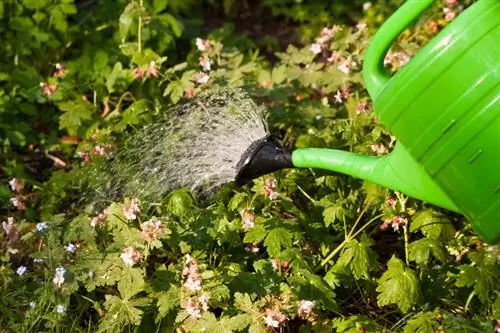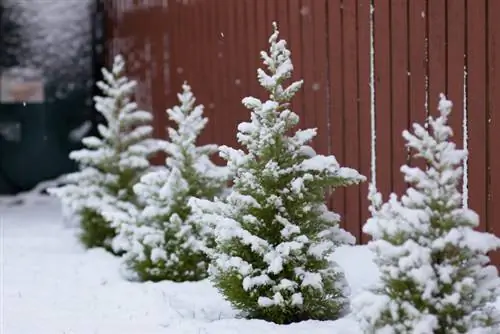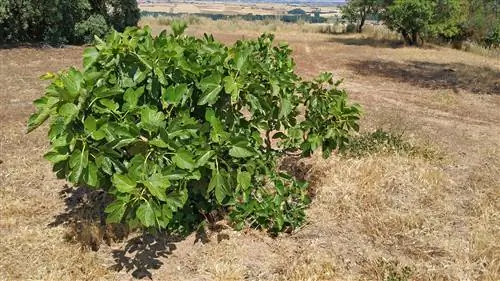- Author admin leonars@hobbygardeners.com.
- Public 2023-12-16 16:46.
- Last modified 2025-01-23 11:21.
As a very easy-care and robust shrub, the gorse is often planted in the garden because it blooms beautifully and requires little to no work. There are different theories about its winter hardiness. Why?
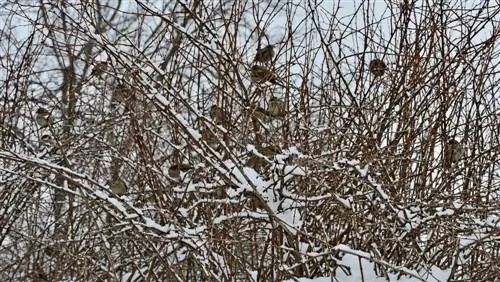
Are all types of broom hardy?
Not all types of gorse are frost-tolerant. True broom (Genista) and gorse (Ulex europaeus) are hardy, while broom (Cytisus scoparius) is conditionally hardy and thorn broom (Calicotome spinosa) is not frost hardy. Before purchasing, find out the botanical name and hardiness.
Are all types of gorse equally tolerant to frost?
On the one hand, broom is a genus of plants with different species, on the other hand, completely different plants are traded under this name that can have completely different needs. Not all of them are equally hardy. Some can tolerate at least a little frost, while others can tolerate none at all. Therefore, it is very important that you know which gorse you have or are planning to buy.
The winter hardiness of different types of gorse:
- Broom (bot. Cytisus scoparius): conditionally hardy
- Broom (bot. Calicotome spinosa): not hardy
- True gorse (bot. Genista): hardy
- Gorse (bot. Ulex europaeus): hardy
How should I care for gorse in winter?
The common broom (bot. Genista) and the gorse (bot. Ulex europaeus) generally do not need any special winter protection; it is only recommended for young plants. However, they should not be cut back too late in autumn as the interfaces are somewhat sensitive. Likewise, gorse should not necessarily be planted in autumn so that it can take root well before winter.
The non-hardy thorn broom (bot. Calicotome spinosa) overwinters best in a frost-free place in a cool greenhouse or in your winter garden, as long as it is not too warm there. It originally comes from the Mediterranean region and is adapted to the local climate.
With the conditionally hardy broom (bot. Cytisus scoparius), at least in an area with mild winters, protection outdoors is sufficient to prevent it from freezing to death. However, it does not always survive long and particularly cold periods of frost. The shrub often freezes back to the trunk, and in this case it may still be possible to save it. However, you shouldn't aim for that.
Tip
It's best to inquire about its frost tolerance or at least the botanical name when buying your gorse so that you can inform yourself.

